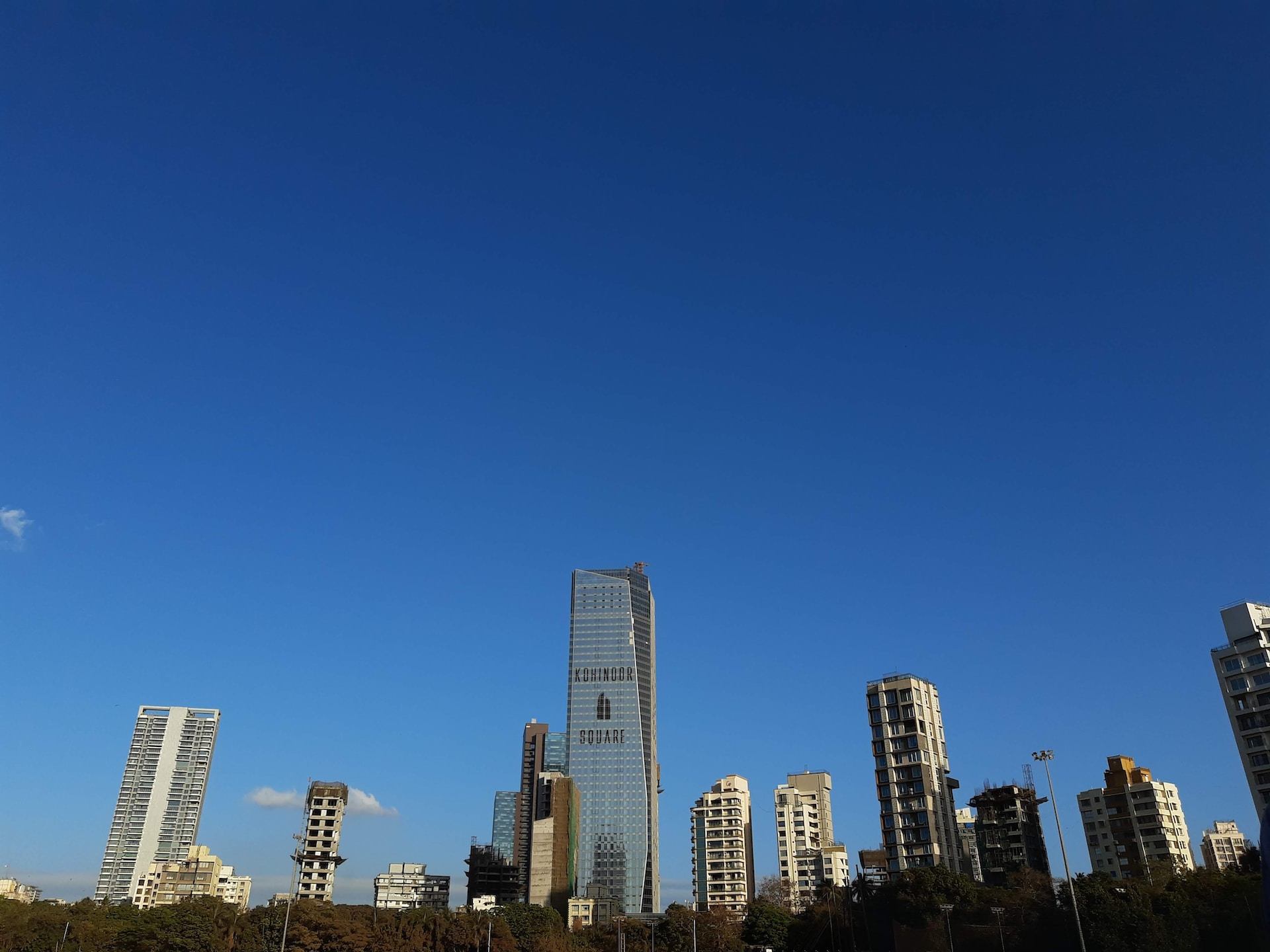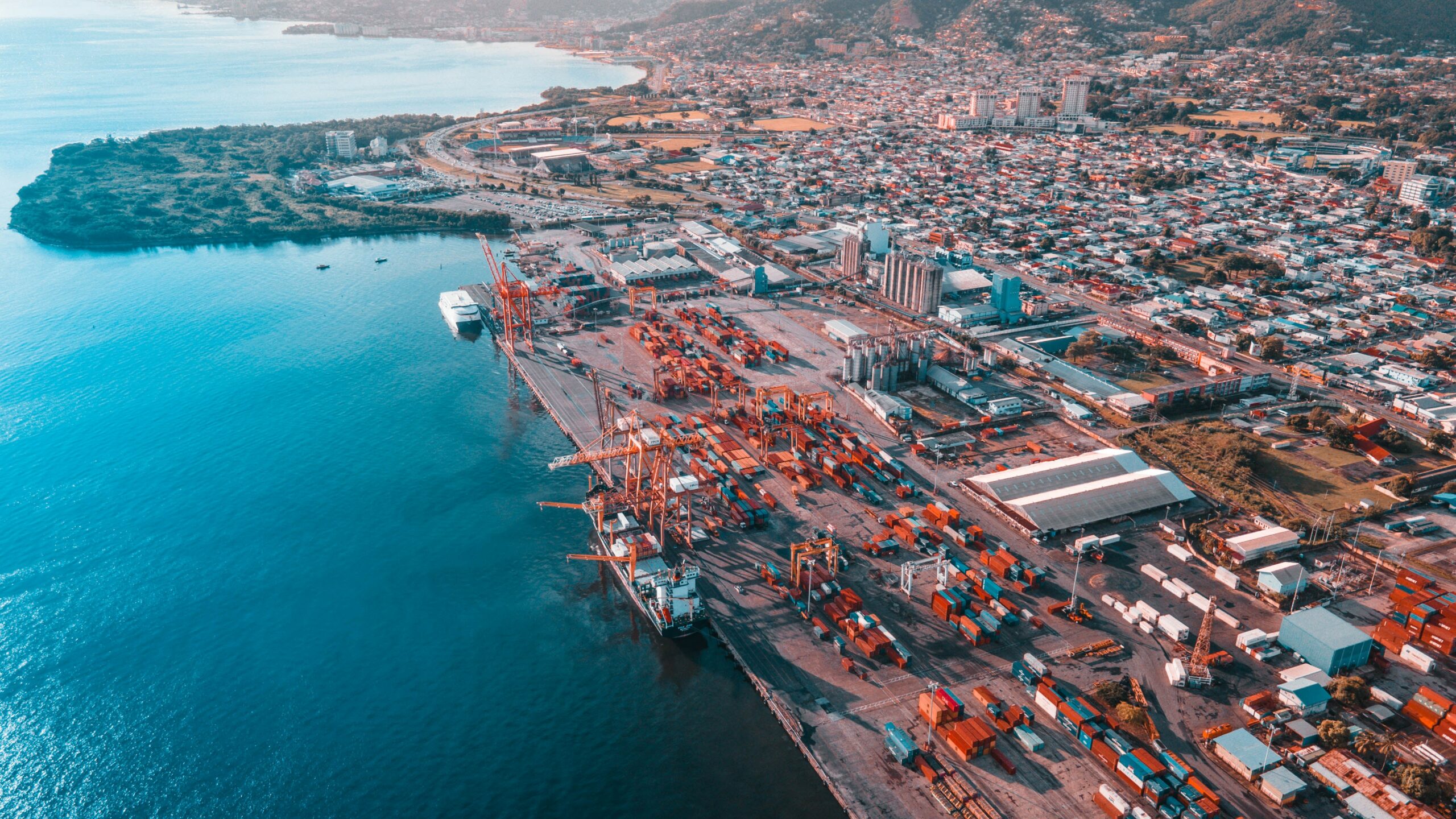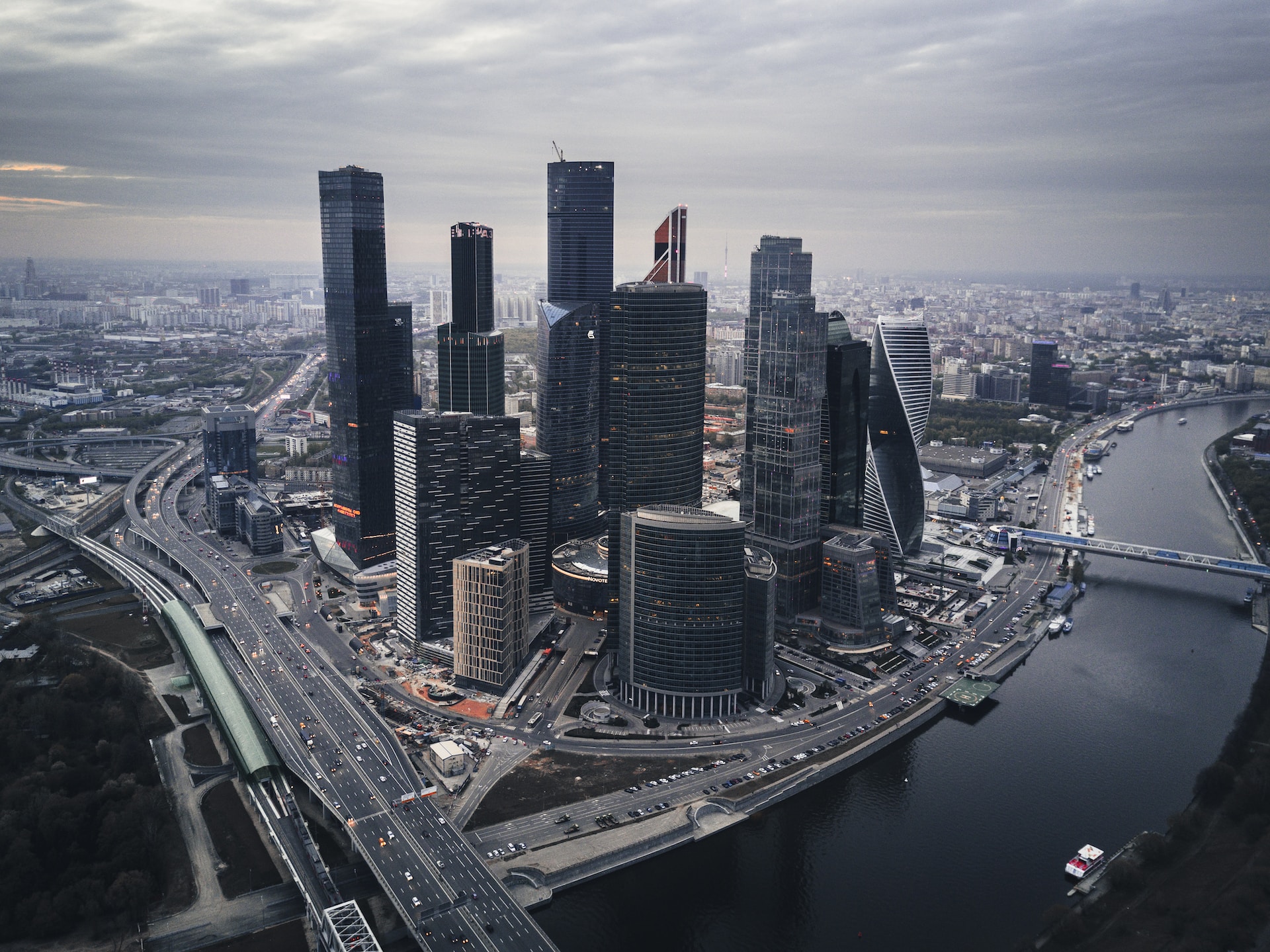Free Trade Zones have a proven track record of attracting investment, fostering trade, and driving economic growth. By offering businesses a range of benefits, such as duty and tax exemptions, streamlined customs procedures, access to global markets, and lower operating costs, FTZs have become an integral part of the global trade landscape. As governments continue to establish and expand FTZs, businesses worldwide will have even more opportunities to access new markets, streamline operations, and stimulate economic growth.
What is a Free Trade Zone?
A Free Trade Zone, also known as a Special Economic Zone or an Export Processing Zone, is an area designated within a country where goods can be imported, stored, processed, and re-exported with minimal or no customs duties, taxes, or regulatory restrictions. FTZs are often established near ports, airports, or other strategic locations to facilitate easy movement of goods and reduce transportation costs.
Benefits for Businesses of Free Trade Zones
FTZs offer a range of advantages for businesses, including:
- Duty and Tax Exemptions: Goods entering an FTZ are not subject to customs duties, taxes, and other import-related charges. This allows companies to import components or raw materials, process them within the FTZ, and then re-export the finished products without incurring additional fees.
- Simplified Customs Procedures: FTZs streamline customs procedures, speeding up the paperwork and time required for import and export transactions. This enables businesses to operate more efficiently and respond to market demands more quickly.
- Access to Global Markets: FTZs facilitate access to global markets by providing companies with a platform to manufacture and export goods free from the constraints of traditional trade barriers.
- Lower Operating Costs: Businesses operating in FTZs can benefit from reduced land and labor costs as well as enhanced access to infrastructure and logistics services.
- Strengthened Intellectual Property Protection: Many FTZs offer businesses a secure environment to develop and manufacture their products, with robust intellectual property protection policies in place.
Examples of Successful Free Trade Zones
- Jebel Ali Free Zone (JAFZA), United Arab Emirates: Established in 1985, JAFZA is one of the largest and fastest-growing FTZs globally. Home to over 7,000 companies, including many Fortune 500 firms, JAFZA has attracted billions of dollars in investment and played a crucial role in transforming Dubai into a center of international trade.
- Shenzhen Special Economic Zone, China: Established in 1980, Shenzhen was one of the first Special Economic Zones in China. It has since evolved into a major hub for innovation and technology, attracting companies like DJI, Tencent, and Huawei.
- Singapore Freeport: As one of Asia's premier logistics hubs, the Singapore Freeport provides businesses with cutting-edge facilities and services, including tax breaks, expedited customs clearance processes, and a strategic location at the crossroads of major trade routes.
- Colon Free Trade Zone, Panama: Established in 1948, the Colon Free Trade Zone is the largest FTZ in the Americas and serves as a hub for trade between Europe and Asia as well as North and South America.
Related Information













